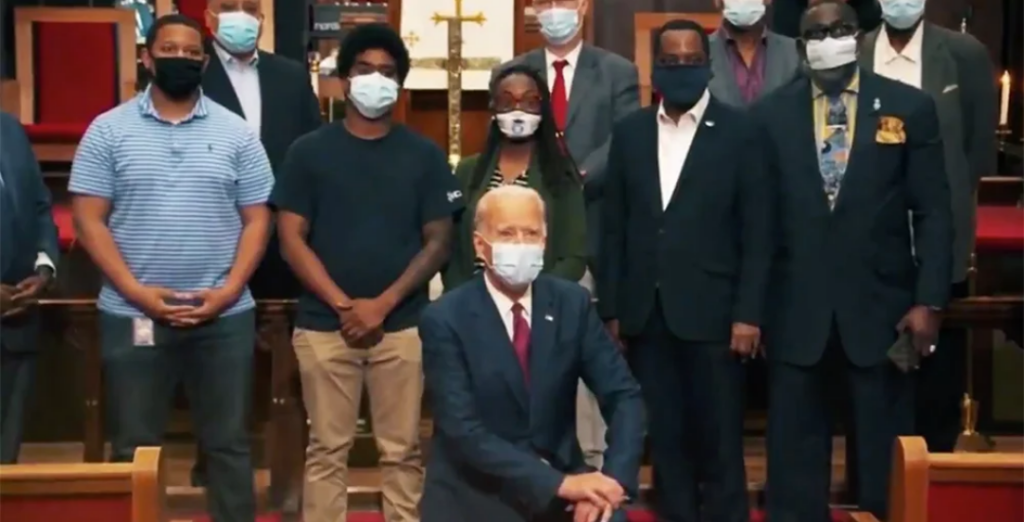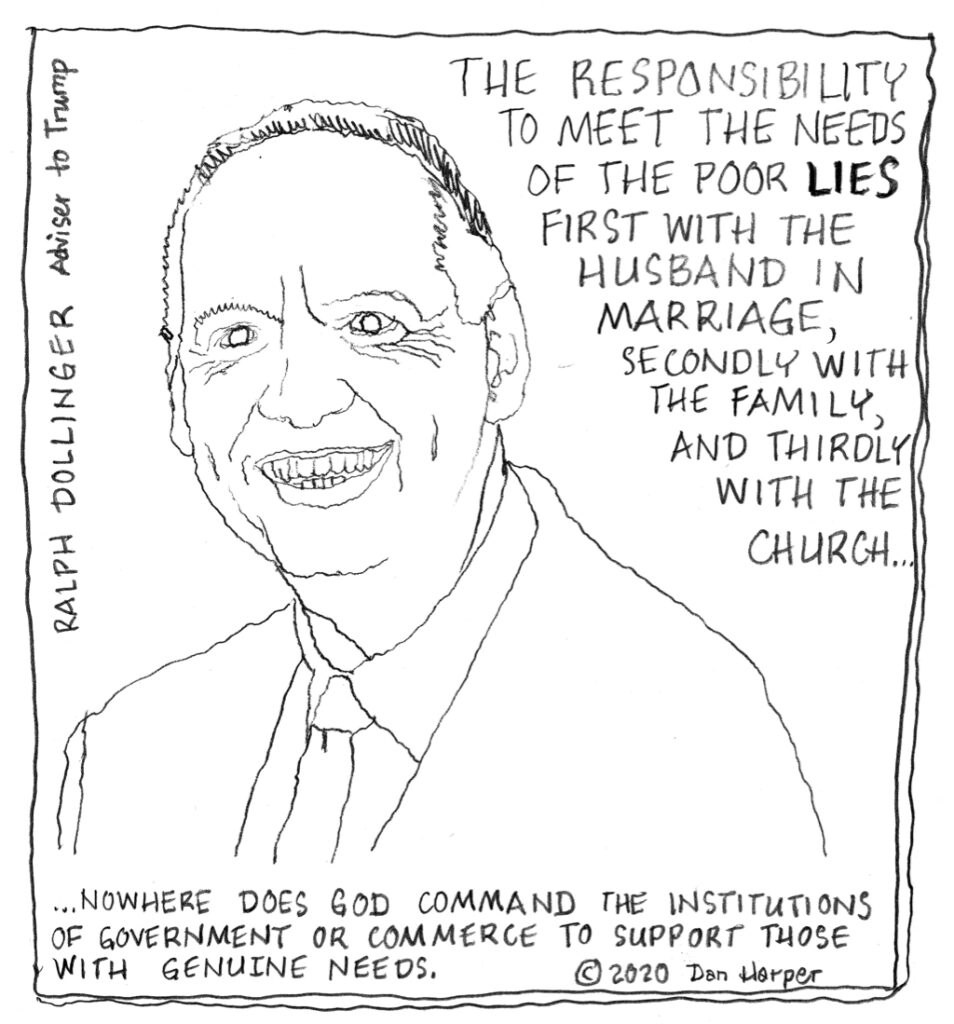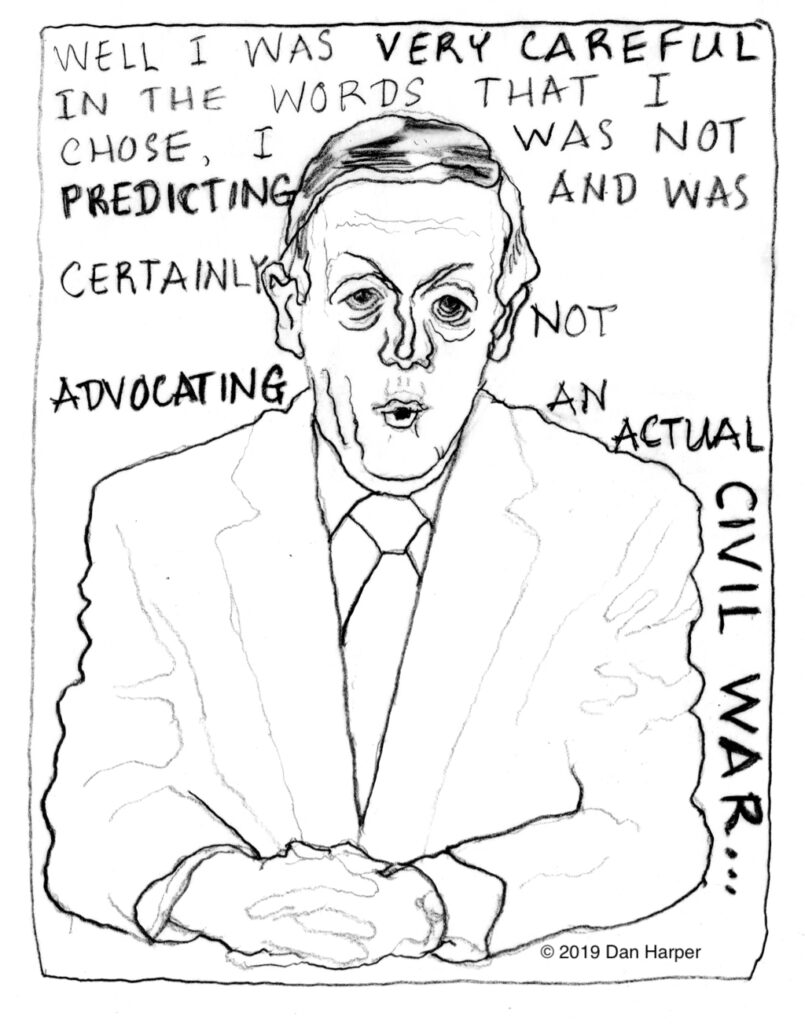Several sociologists have found a characteristic that seems to predict with some accuracy who will flout social distancing restrictions designed to prevent the spread of COVID-19: Christian nationalists.
“Samuel Perry (associate professor of sociology at the University of Oklahoma) and his colleagues, such as Andrew Whitehead of Indiana University and Joshua Grubbs of Bowling Green State University, argue in a series of new papers that Christian nationalism is either the single best predictor or a top predictor of whether a person will flout social distancing recommendations, be skeptical of science, find nothing racist about calling COVID-19 the ‘China virus’ or argue that lockdown orders threaten the economy and liberty — all while de-prioritizing the threat to the vulnerable.” — as reported by Religion News Service.
At the same time, the ideology of Christian nationalism apparently has only a weak connection to the Christian religion:
“In fact, religious devotion of any kind often had the opposite effect to Christian nationalism, and was the leading predictor of whether someone would take precautionary measures. ‘We found religious people were more likely to wash their hands, to use hand sanitizer and to avoid touching their face — all the things that were recommended,’ [Perry] said. ‘We find religious people are more likely to say, “If we have the decision between individual liberty and protecting the vulnerable, we’re going to protect the vulnerable”.’…He added: ‘In other words, (religious people) tend to look like pretty good neighbors.'”
Perry explains the trend as an “emerging crisis of authority.” Not surprisingly, Christian nationalists believe in conspiracy theories and distrust both scientists and the media. Christian nationalists feel that their country is being taken away from them; not surprising, then, that they are more likely to trust people like Donald Trump, who they think is going to save their country for them.
I wonder if the rise of Christian nationalism correlates in any way to the rise of the “Nones,” people who have no affiliation to organized religion. I’ve often thought that what really underlies the rise of the “Nones” is a rise of hyper-individualism and a distrust of authority; the Christian nationalists would certainly match that description. And we know from surveys that most of the “Nones” believe in God; might some of the “Nones” in fact be Christian nationalists? But this is entirely speculation on my part.
Remember that neither Trump nor most Christian nationalists actually belong to a church: they are too individualistic to want to submit to the demands that organized religion makes.
Whereas those of us who do participate in organized religion tend to make “pretty good neighbors.”



